Traditionally, opera has not been a well-trodden path in Saudi Arabia—regardless of gender. Yet with the recent surge in musical activities, the genre has begun to emerge on the Kingdom’s cultural stage. Plans for new opera houses underscore a growing appetite for this art form. But can opera, with its dramatic tones and elaborate performances, ignite the same enthusiasm among Saudis as other music genres have?
Saudi Arabia’s First Opera Singer
When Sawsan Al-Bahiti stepped onto the stage at the Saudi Embassy in Germany during the 89th National Day celebrations, she marked a milestone. Her operatic rendition of the Saudi national anthem, blending classical opera with patriotic themes, introduced Saudis to a novel yet somehow familiar style of music.
Al-Bahiti’s subsequent performance at the Riyadh International Opera Festival 2023, where 2,000 tickets sold out nightly, cemented her role as the Kingdom’s first opera singer. Through her artistry, she has shown that opera can harmonise with Saudi cultural elements, creating a distinctive fusion.
Yet, to attribute the rise of opera solely to one individual risks oversimplifying the narrative. Artistic movements thrive on collective contributions—from government initiatives to grassroots support. Opera’s evolution in Saudi Arabia is no exception.
An Operatic Plan
The cultural reforms underpinning Vision 2030 have given rise to a musical renaissance in Saudi Arabia. For a society that once restricted concerts and banned background music in public spaces, the breadth of this transformation is striking. Festivals now showcase everything from traditional Arabic tunes to rap, rock, pop, and jazz. Introducing opera, a genre relatively alien to the region, is a bold leap for the Kingdom.
The General Entertainment Authority (GEA) has been pivotal in this transformation. In December 2023, Diriyah Company and the Royal Commission for Riyadh City announced Saudi Arabia’s first opera house: the Royal Diriyah Opera House. Located in Diriyah’s historic heart near Riyadh, the opera house will fuse traditional Najdi architecture with modern design across its 45,000-square-metre space. It will include a 2,000-seat main hall, a versatile theatre, and an outdoor amphitheatre, all within the UNESCO World Heritage Site of At Turaif.
This ambitious project signals more than just an appreciation for opera—it reflects the Kingdom’s determination to diversify its cultural offerings and position itself as a global hub for the arts.
Will Opera Work in Saudi?
The introduction of opera offers a stark contrast to the familiar rhythms of traditional Arabic music. Opera’s soaring tones and dramatic storytelling may prove challenging for audiences unaccustomed to its style. Historically, the Arab world has not produced significant operatic works, with icons like Umm Kulthum and Abdel Halim Hafez shaping a musical legacy rooted in lyrical performance rather than theatrical drama.
Reactions to opera’s arrival have been mixed. Hani M., a 53-year-old teacher from Dammam, welcomes the variety: “It is good to have a choice of music types available to us.” By contrast, Maha, a 36-year-old Riyadh resident, is less enthused, illustrating the diversity of tastes among Saudis.
Beyond individual preferences, structural challenges loom. Limited exposure to opera and the absence of music education tailored to this genre make its long-term integration into Saudi culture uncertain.
Yet, as Hani suggests, the significance lies in choice. The Diriyah Opera House is set to become more than a stage for traditional opera—it will be a platform for appreciating music in all its forms, fostering a broader cultural dialogue as the Kingdom redefines its artistic identity.
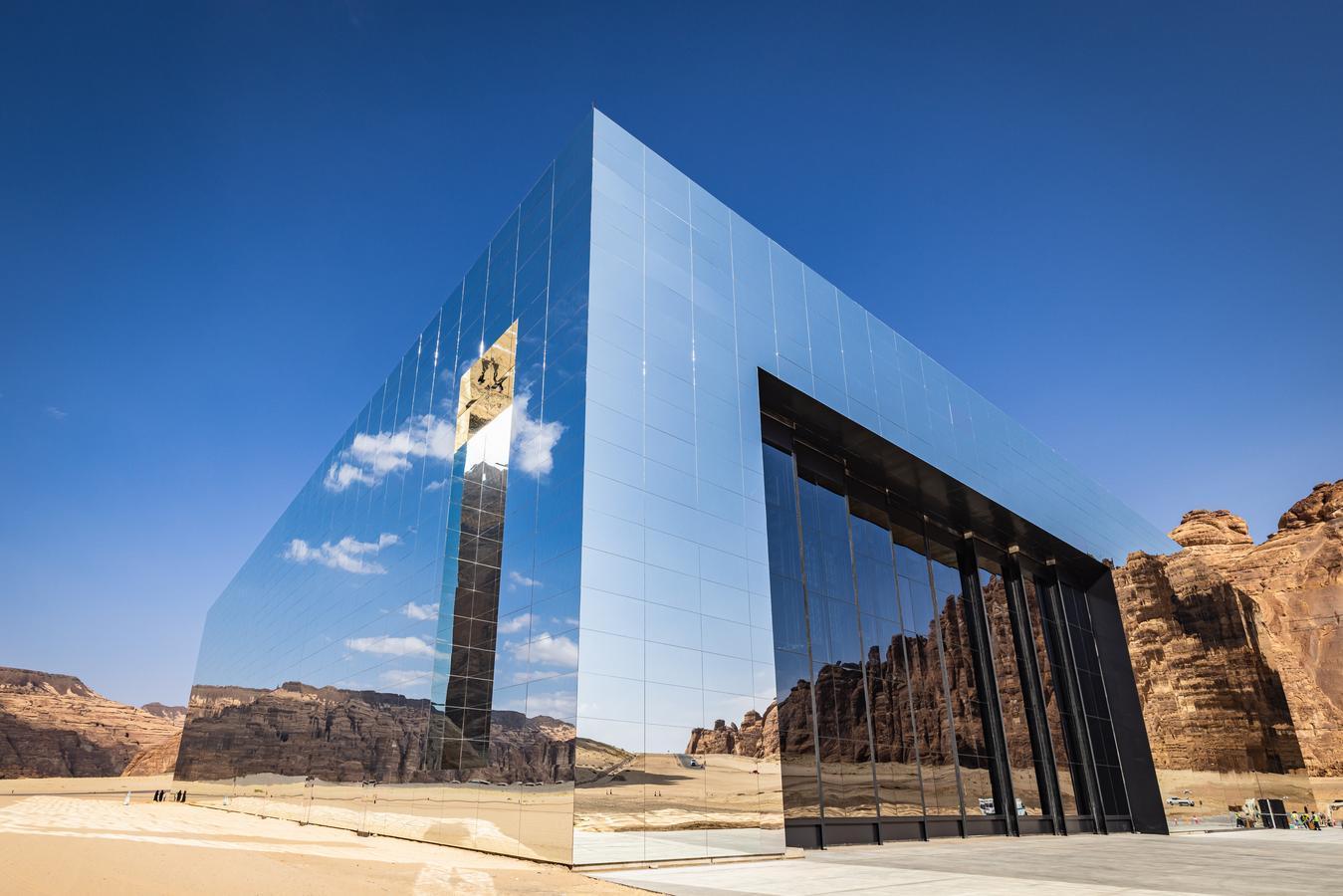
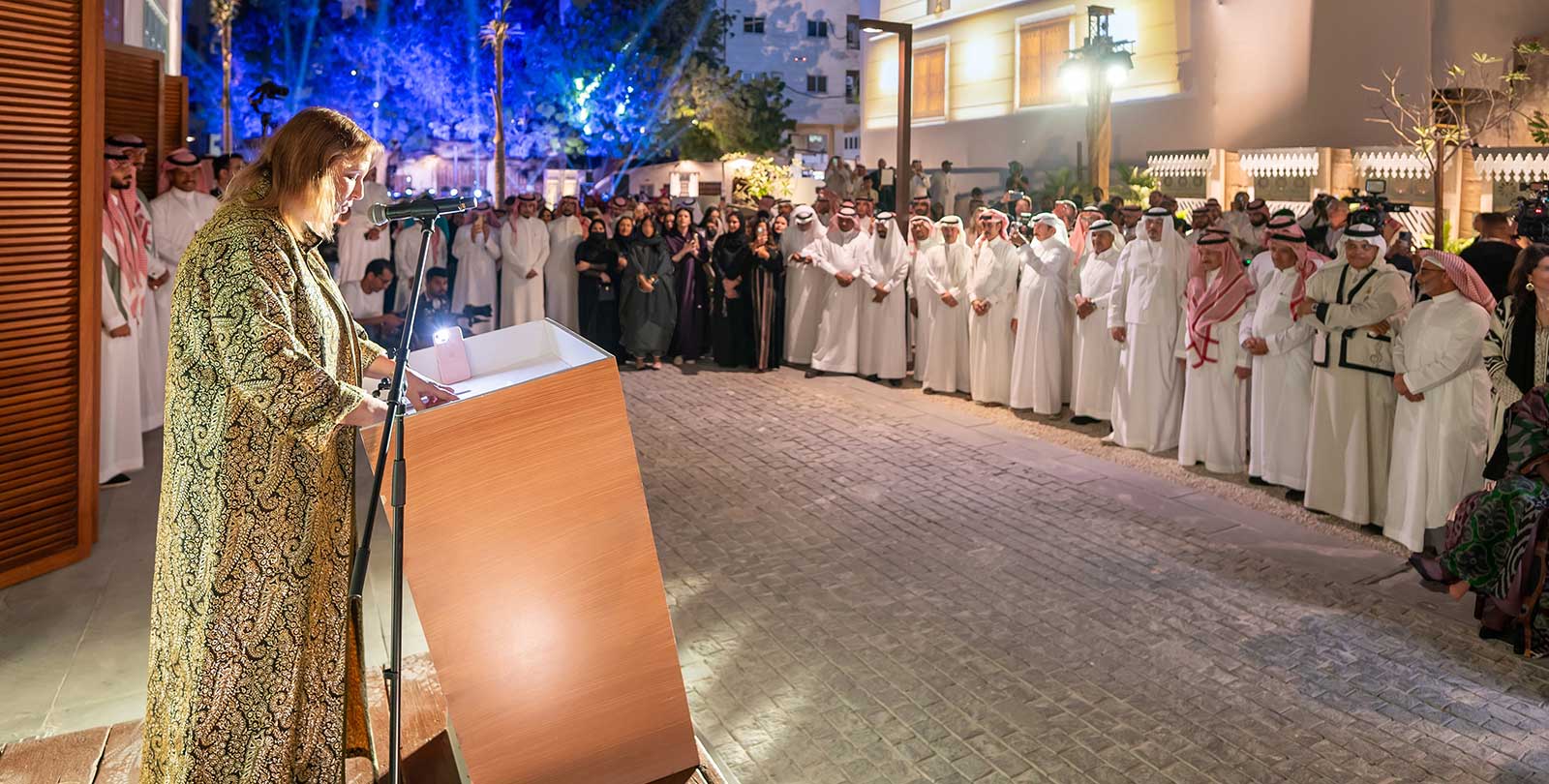
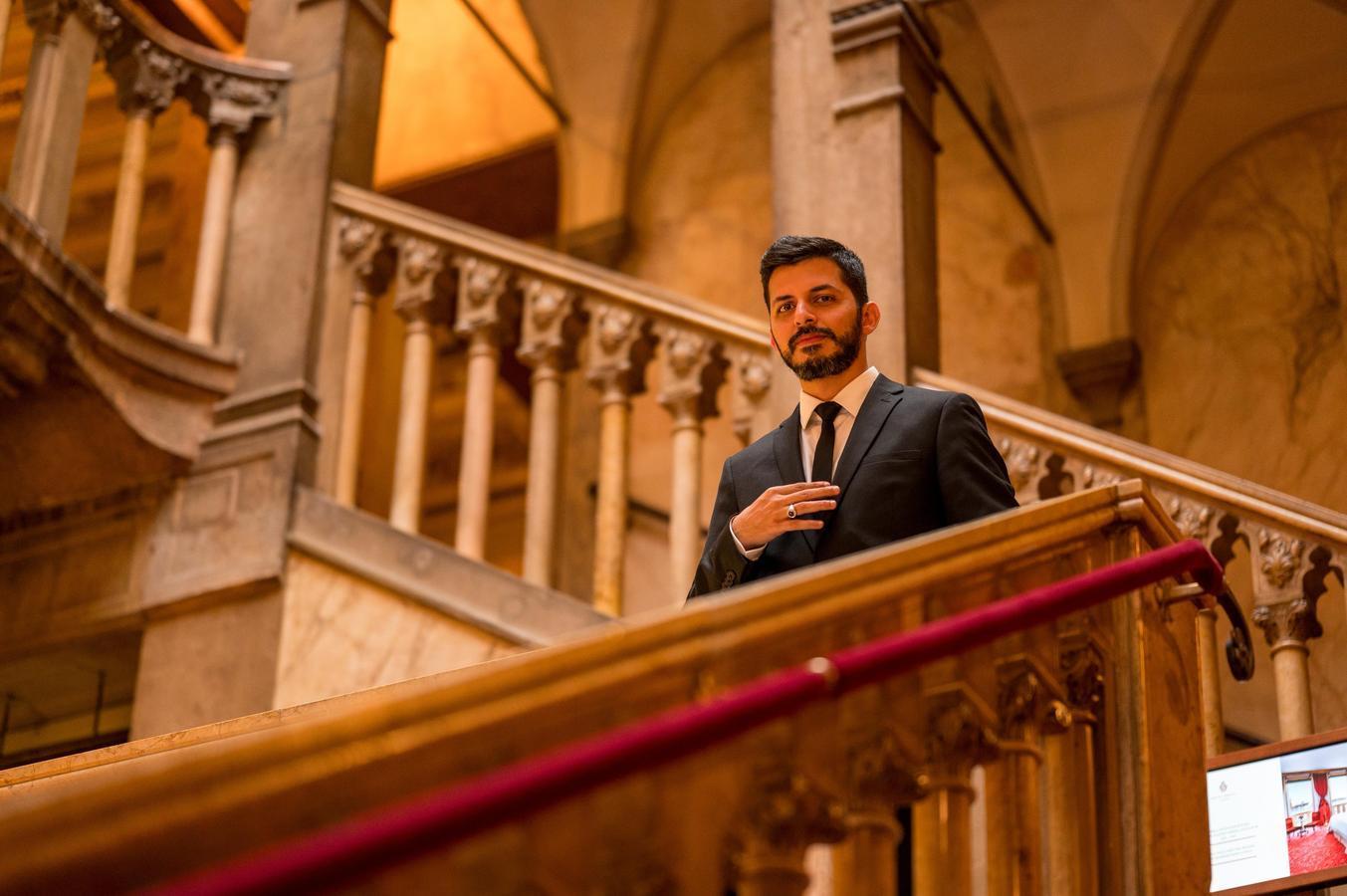
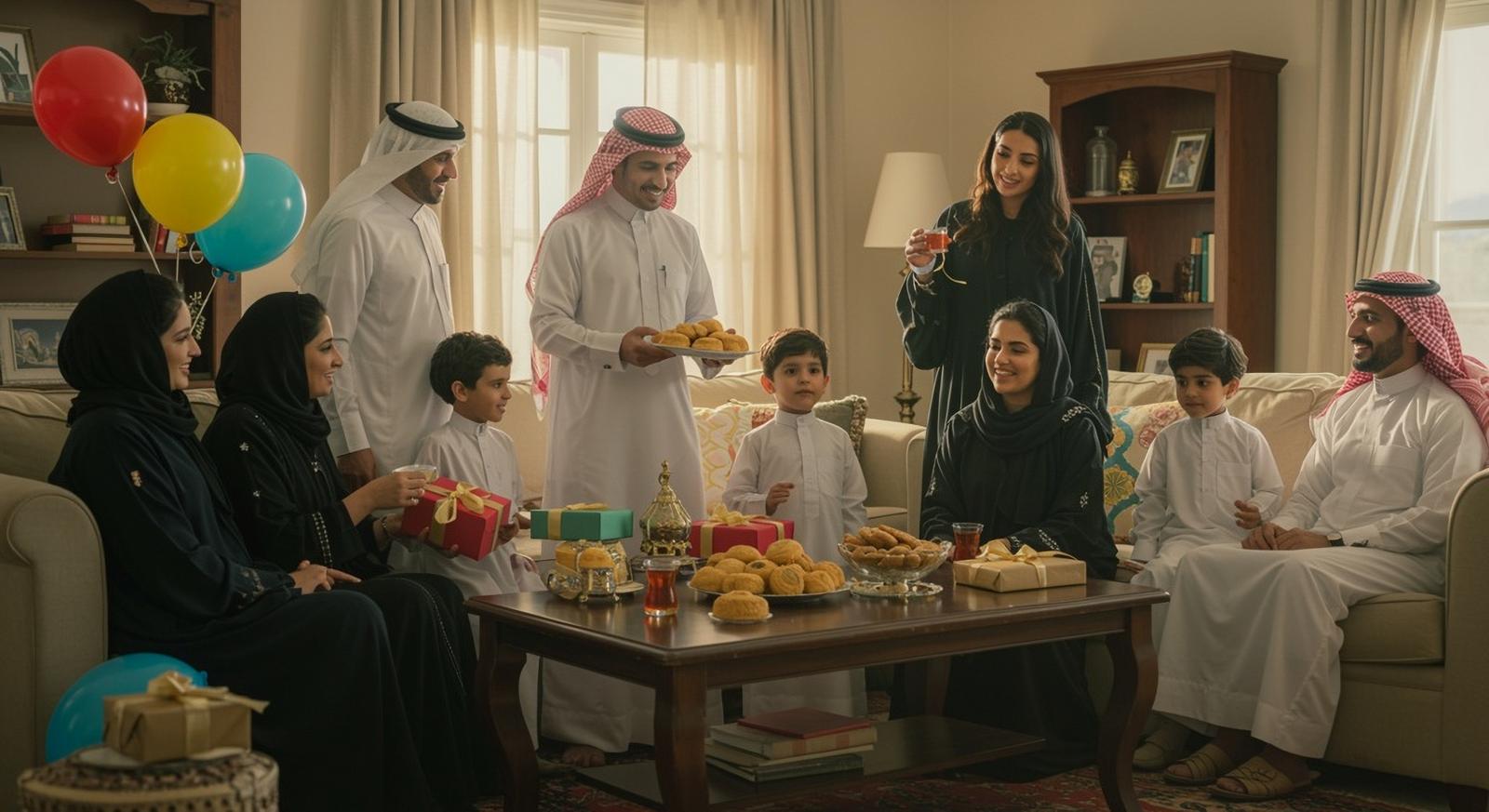

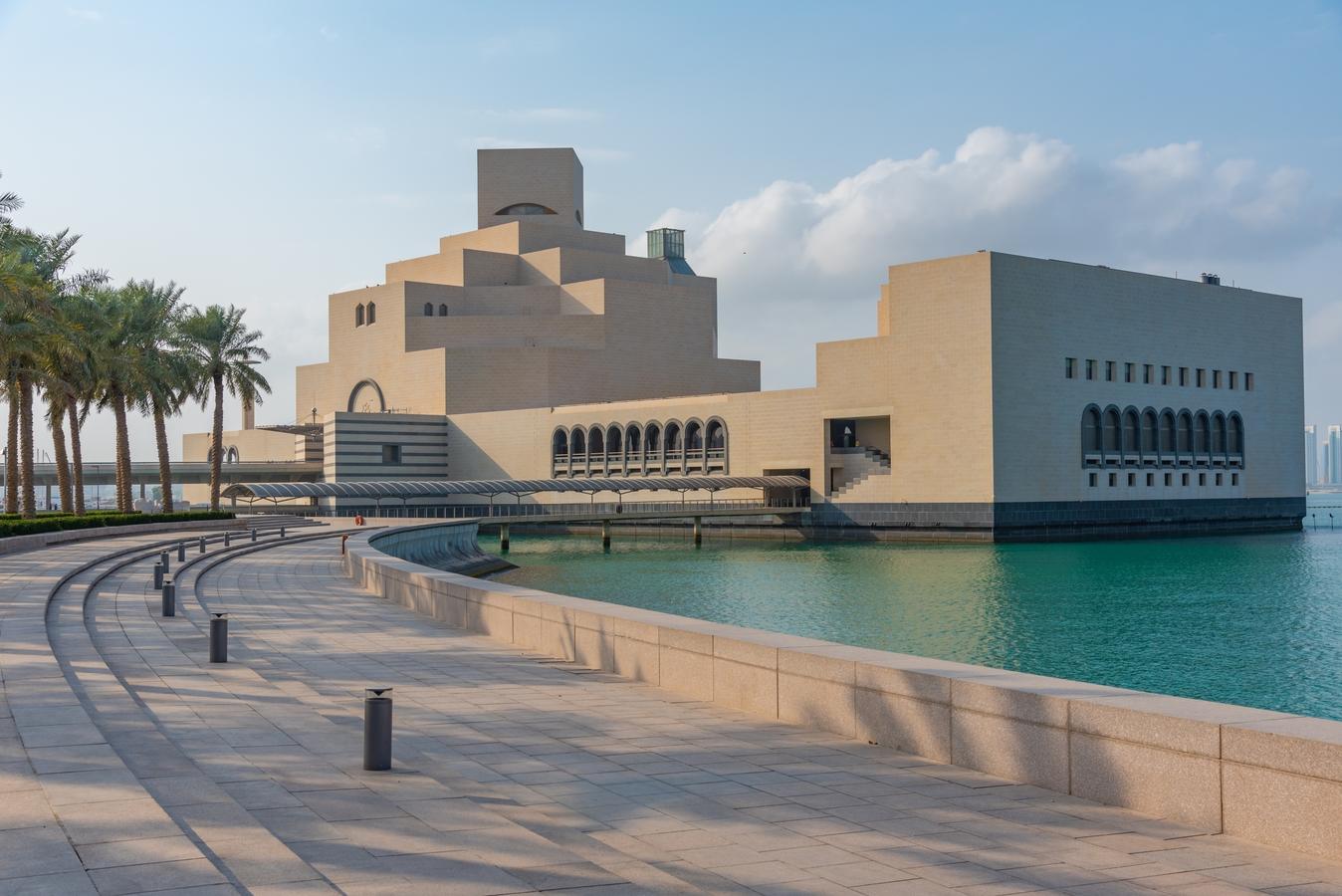
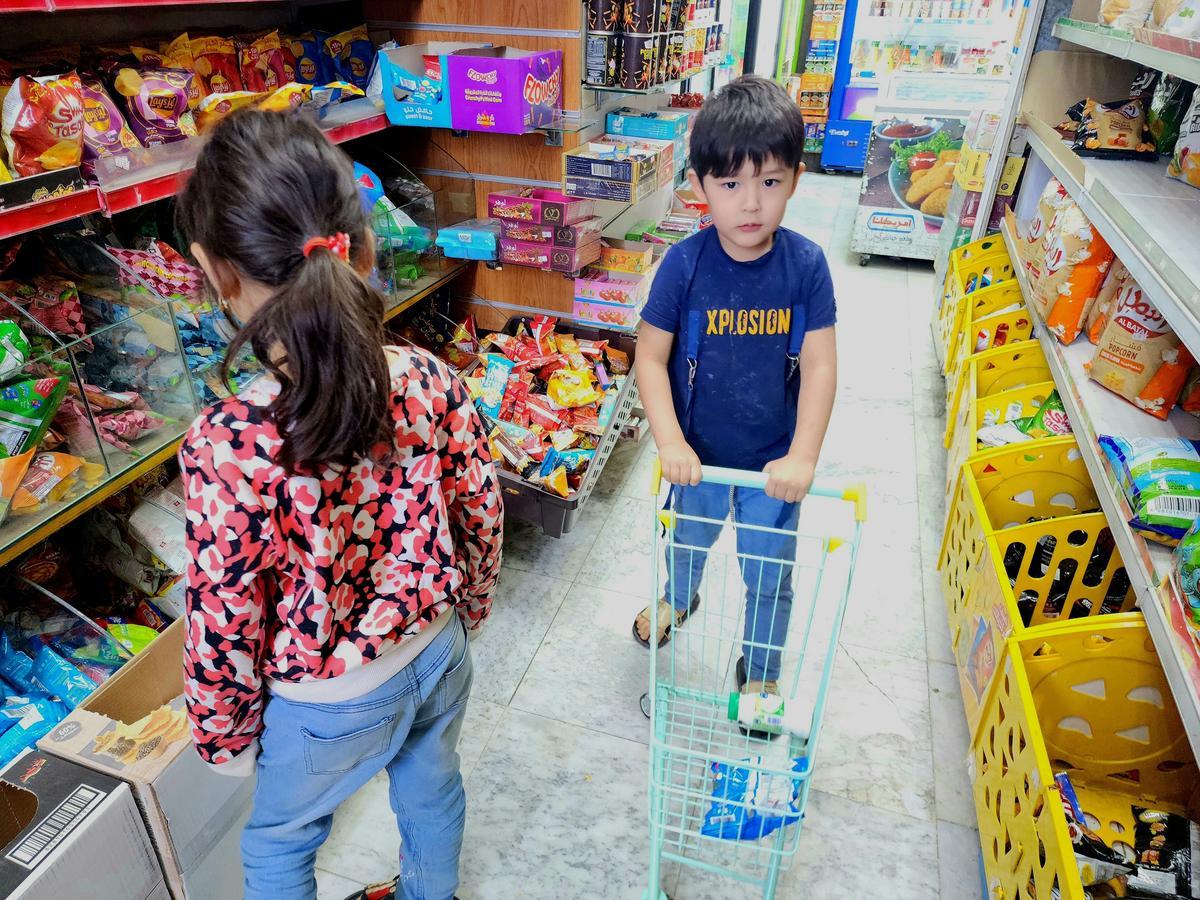
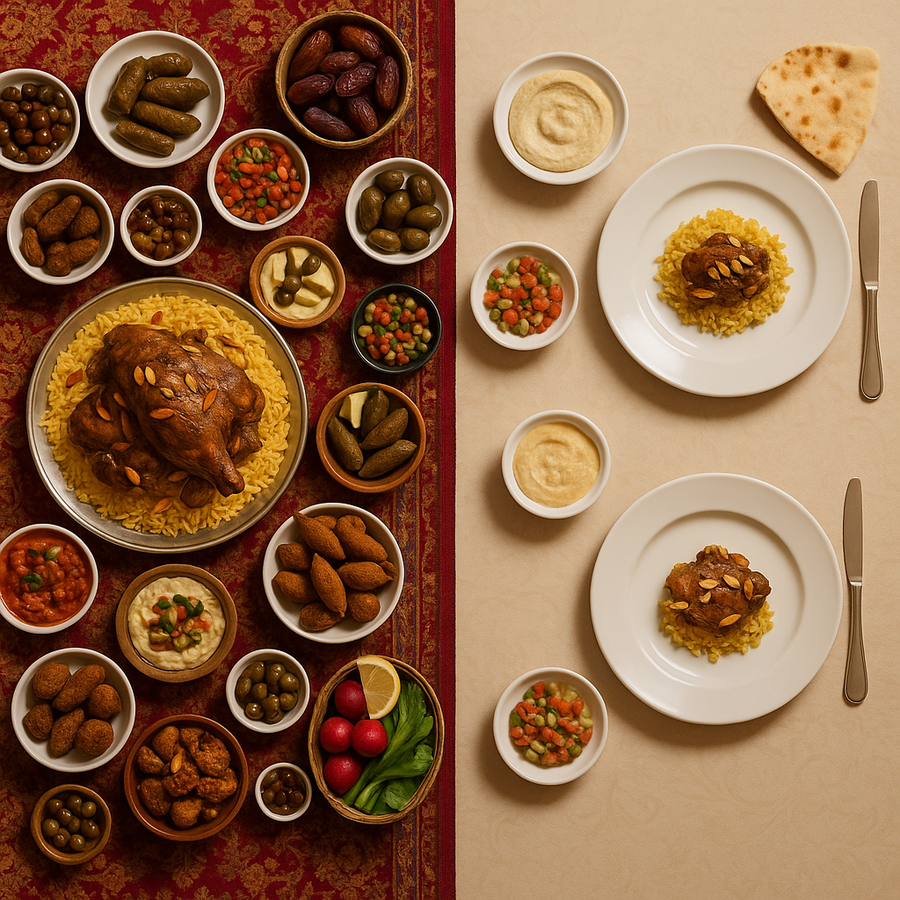
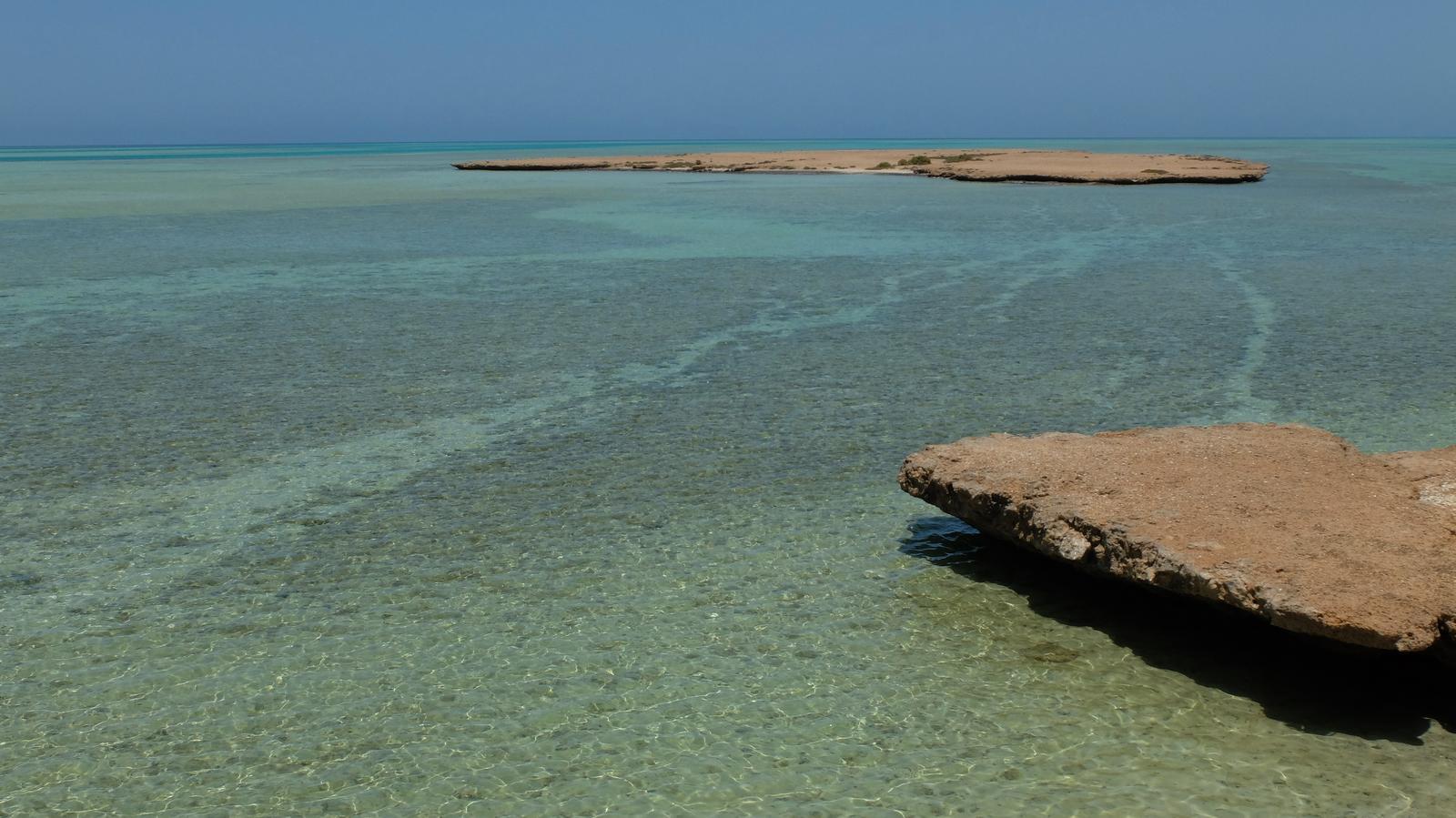
0 Comments
No comments yet. Be the first to comment!